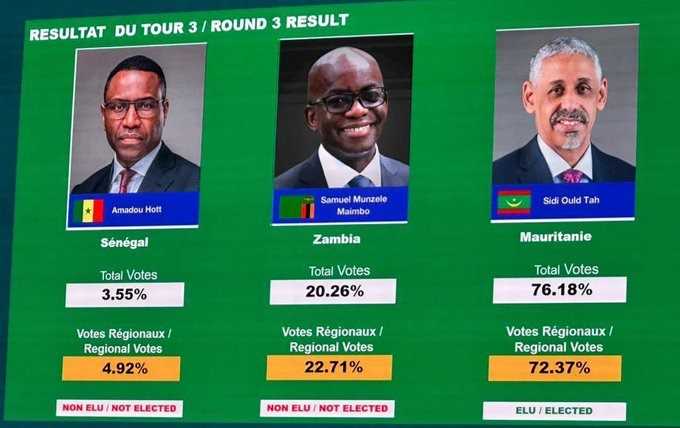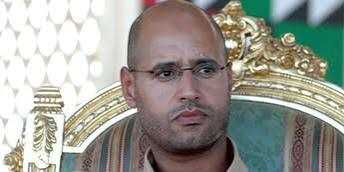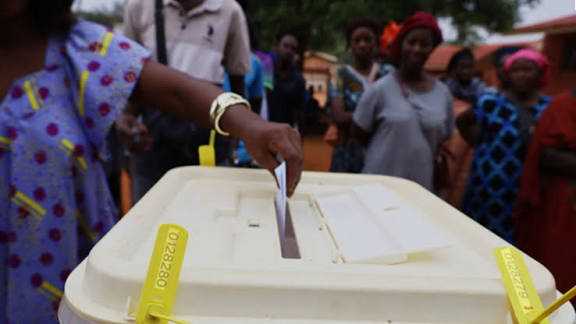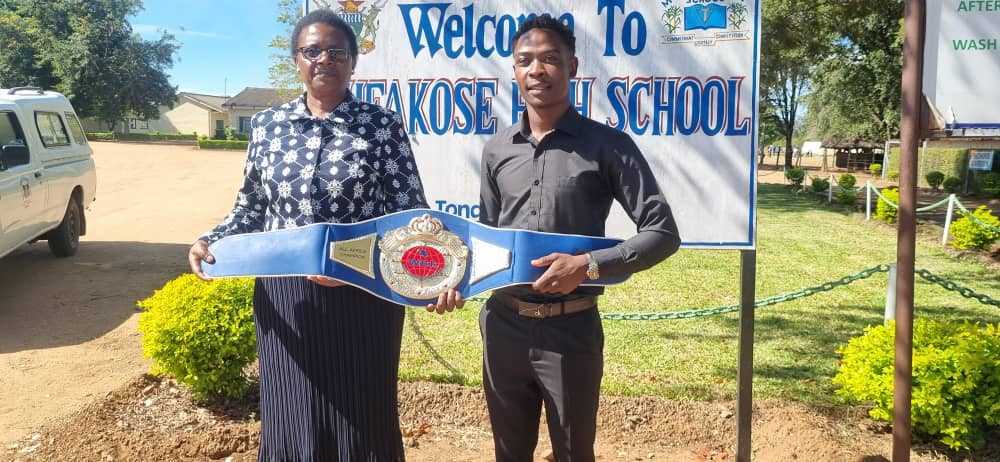
Oscar J Jeke - ZimNow Reporter
Mauritania’s Sidi Ould Tah has been elected as the new President of the African Development Bank, defeating Zambia’s Samuel Maimbo and three other candidates in a tightly contested third-round vote at the Bank’s Annual Meetings in Abidjan.
Tah, who assumes office on September 1, 2025, succeeds Nigeria’s Dr. Akinwumi Adesina, whose second five-year term ends this year. Tah’s election marks a significant shift at the helm of one of Africa’s most influential financial institutions and comes at a time when the continent faces rising climate, debt, and development challenges.
The election, conducted by the AfDB’s Board of Governors comprising finance ministers and central bank governors from the Bank’s 81 member countries requires the winning candidate to secure at least 50.01% of both regional (African) and non-regional (non-African) votes.
Tah, a seasoned economist and former Mauritanian Minister of Economic Affairs and Finance, has spent the past decade as President of the Arab Bank for Economic Development in Africa, where he led a transformative expansion. Under his leadership, BADEA quadrupled its balance sheet, achieved a AAA rating, and launched a $1 billion callable capital program for African development banks.
Related Stories
His candidacy received solid backing from North African countries, while runner-up Samuel Maimbo, a former World Bank official and current Governor of the Bank of Zambia, was supported by much of the Southern African Development Community and East Africa. South Africa’s candidate, Bajabulile Swazi Tshabalala, exited the race in the second round.
The results were officially announced by Ivorian Planning and Development Minister Nialé Kaba, who chairs the AfDB Board of Governors. The vote took place during the 2025 Annual Meetings themed “Making Africa’s Capital Work Better for Africa’s Development.”
Tah becomes the ninth president in the Bank’s 60-year history, joining a list of former leaders that includes Donald Kaberuka (Rwanda), Babacar N’diaye (Senegal), and Dr. Adesina (Nigeria). The AfDB, established in 1964, is a tripartite institution consisting of the African Development Bank, the African Development Fund, and the Nigeria Trust Fund.
With Africa facing mounting pressure to accelerate its transformation under the African Union’s Agenda 2063 and the UN Sustainable Development Goals, Tah’s leadership comes at a critical juncture. In 2024, the Bank approved a record $11 billion in new operations.
The AfDB has 81 shareholders, including 54 African nations and 27 non-African partner countries. It plays a central role in financing major infrastructure, energy, agriculture, and industrialization projects across the continent.




















Leave Comments